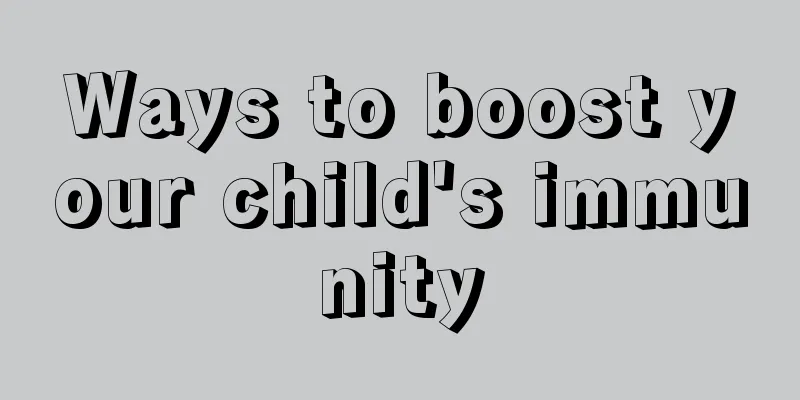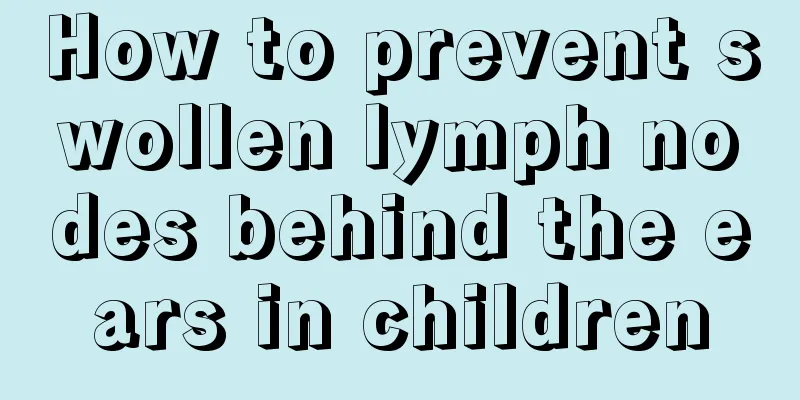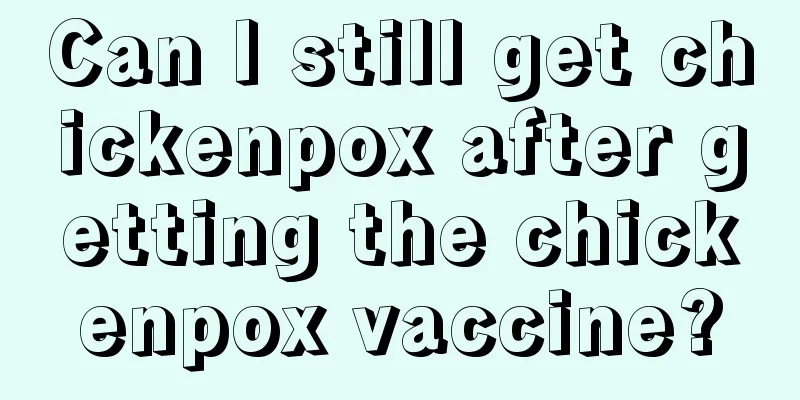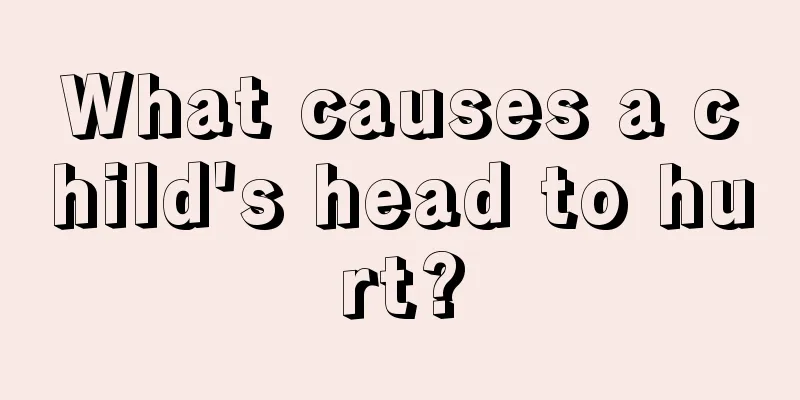Can my baby get a vaccination if he has phlegm in his throat?
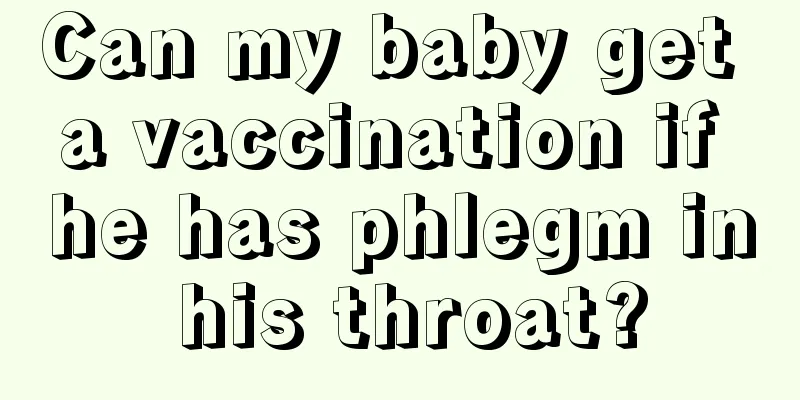
|
Because newborn babies have relatively weak body resistance, they need to be vaccinated in time to prevent diseases. And we should also do preventive work in daily life, such as keeping warm, so that the baby will not be affected by some diseases. However, there are some precautions for vaccinations. For example, babies must not be vaccinated when they have a fever. So, is it okay to vaccinate babies with phlegm in their throats? The baby is still young and has phlegm in his throat, which is often seen in respiratory tract inflammation. The early symptoms are atypical, so we should mainly worry about bronchitis or lung inflammation. It is best to go to the pediatric department of the hospital for a check-up. If there is inflammation, active anti-inflammatory measures and expectorant treatment are needed. For those with mild symptoms, you can take oral cephalosporin anti-inflammatory and expectorant drugs such as ambroxol, drink plenty of water, turn over and pat the back frequently to help dilute and eliminate phlegm. Vaccines cannot be injected during inflammatory infection. If you get a vaccination, it may aggravate the symptoms of a cold, so you can wait until the inflammation recovers before getting the vaccination. So what are the solutions? 1. The indoor temperature and humidity should be maintained at 18-22°C, and the relative humidity should be 55%-65%. At the same time, children should be given enough water so that the phlegm in the throat will not be too sticky and the phlegm will be easy to cough out. 2. Use expectorant drugs to dilute the sputum and facilitate its discharge. 3. Turn your child over or pat his back frequently. On the one hand, it can promote blood circulation in the lungs. On the other hand, patting the back can loosen the phlegm in the bronchi and make it easier to discharge. The correct method is: the sick child should lie on his side or be held up to lie on his side, the parents should bend their five fingers slightly into a semi-circle, that is, half-clench their fist, and then gently pat the sick child's back, pat the left side of the back if lying on the right side, and vice versa if lying on the left side. Alternate sides. The force of tapping should not be too great. It should be done from top to bottom and from outside to inside in sequence. Pat for a few minutes each time, 2-3 times a day. 4. For children with thick phlegm in their mouths, parents can sometimes wrap their fingers with clean gauze and gently remove the phlegm deep in the child's mouth to keep the respiratory tract open. 5. Let your child inhale hot and moist air to thin the thick sputum and help it to be expelled. For example, the water pitcher method is to pour boiling water into a pitcher and let the child put his mouth and nose toward the pitcher mouth and inhale continuously. Of course, be careful not to burn your child. |
<<: What should I do if my baby has diarrhea after vaccination?
>>: The best age for children to check their bone age
Recommend
How to treat children’s tooth decay?
Many younger children have cavities, but how to t...
What is the best time to perform six-finger amputation in newborns?
After a newborn is born, his parents will take go...
How to train children to speak
Many parents become anxious when they see other b...
Neonatal startle reflex
Many new parents do not understand some things ab...
What are the effects of dental deformity on children's health?
If your child has symptoms of tooth deformity, yo...
What is the normal sleep time for newborns?
Once a child is born, many parents are very conce...
How to treat pneumonia in children? Here are three points to help you
Pediatric pneumonia is generally one of the most ...
Is patent ductus arteriosus normal in newborns?
Patent ductus arteriosus is a common congenital h...
At what age can babies eat teething biscuits?
I believe everyone knows that teething biscuits a...
What medicine should children take for sneezing and runny nose
It is very normal for children to sneeze and have...
Treatment of viral enteritis in babies
The baby's intestines are relatively fragile ...
Color of newborn baby's stool
Babies are our hope, and we are curious about eve...
What to do if a newborn has red pimples on his face
Newborn baby has red pimples on face. This is a s...
What are the characteristics of infantile kyphosis?
Rickets is a systemic chronic nutritional disease...
What is the reason for enuresis in children?
The so-called enuresis is what we often call bed-...


